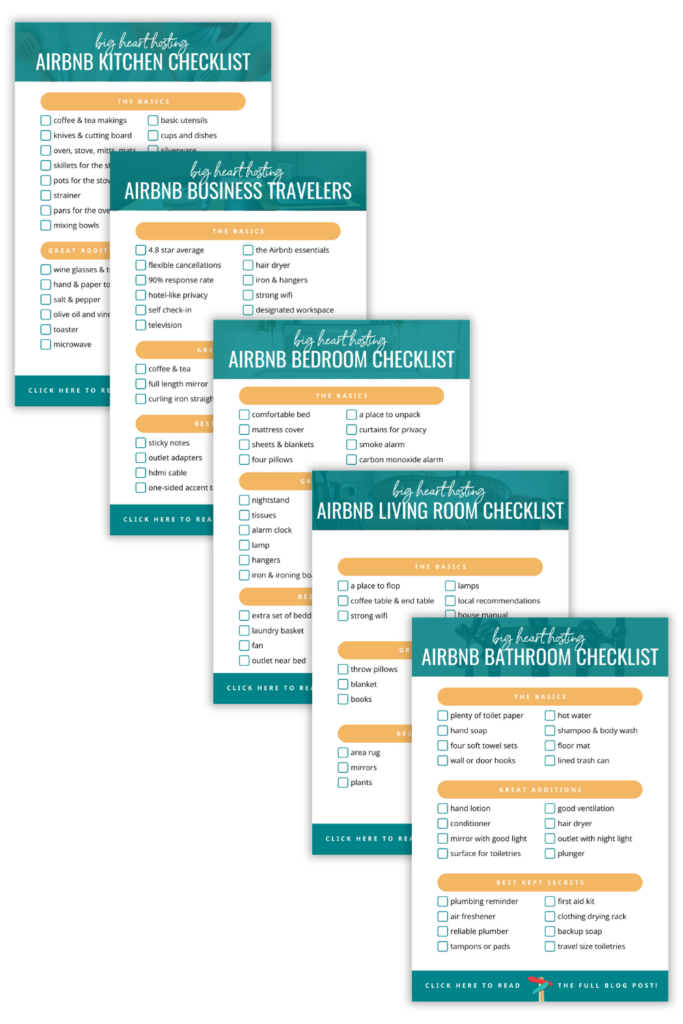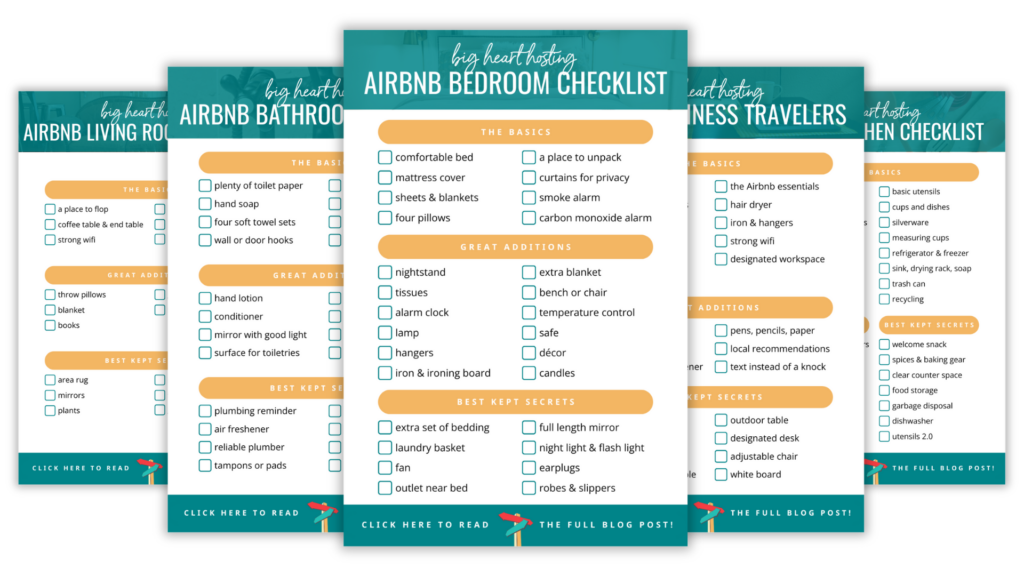
Have we arrived? Where to put Airbnb signs to direct guests.
Quick story time. Just a few months back, we were staring down an unmarked, one-way gravel road. As we craned our necks, trying to understand
Our relationship’s origin story is littered with clichés. We met in a second period English class when we were 15 going on 16. By our junior year we were biology lab partners and by our senior year we were voted best the guy-girl pals for the yearbook. After years of insisting that we were just friends, we wound up dating following the Sadie Hawkins dance just months before we headed off to colleges in different states.
The four years of long distance that followed strike the starkest contrast with our world now. If our lives were represented as the two circles of a venn diagram, our college years marked the smallest overlap in our relationship. Our lives were almost entirely our own. Our routines, friendships, challenges, and successes were distinctly independent and self-contained.
Years later as a newly engaged couple, we set forth on arguably the most intense marriage prep course we could have cooked up.
Years later as a newly engaged couple, we set forth on arguably the most intense marriage prep course we could have cooked up. As we commenced our nomadic lifestyle of full-time travel, our two circles in that venn diagram tightened until they overlapped more closely than they ever had before. In light of Valentine’s Day this week, we thought we’d unpack how such significant time with our significant other has impacted our relationship, and pass along a few thoughts for anyone considering embarking on an equally intimate adventure.
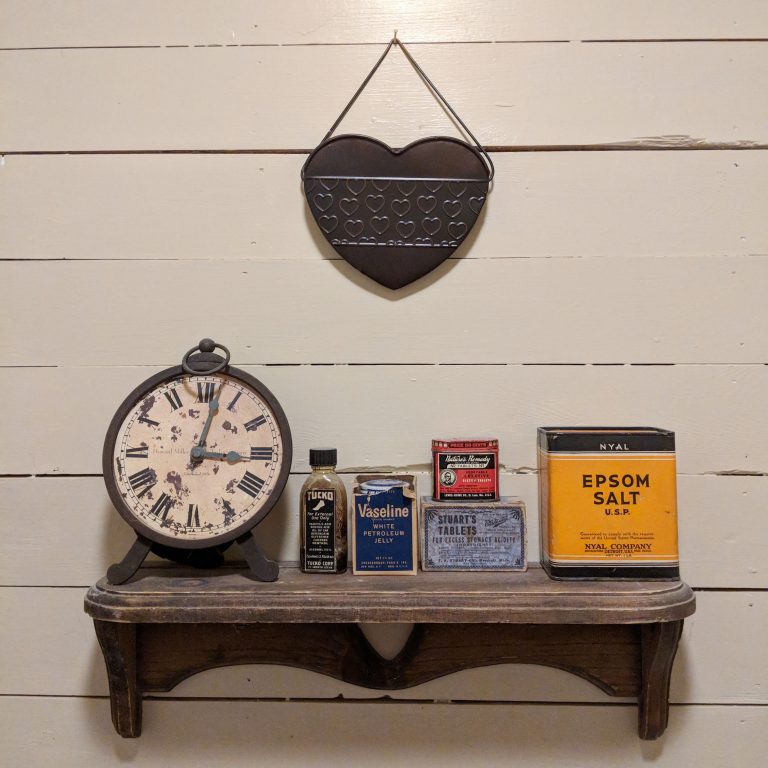
The first time I rolled out my mat in an Airbnb, I realized I had never before practiced yoga in front of Jay. Years of group classes, hours of individual practice, and yet somehow I had never done a single sun salutation in his presence. During the first few weeks of traveling, these realizations came in quick succession. There were countless small moments of my life he had seldom witnessed: my meditation practice, personal journaling, professional phone calls, even my afternoon coffee habit. In tandem, I saw new pieces of him: his daily team meetings, his late-night video game binges, the dousing of morning coffee that sustained him throughout the day. The small spaces we now continuously share created a window into bits of ourselves that, whether intentionally or unintentionally, were previously opaque.
There were countless small moments of my life he had seldom witnessed: my meditation practice, personal journaling, professional phone calls, even my afternoon coffee habit.
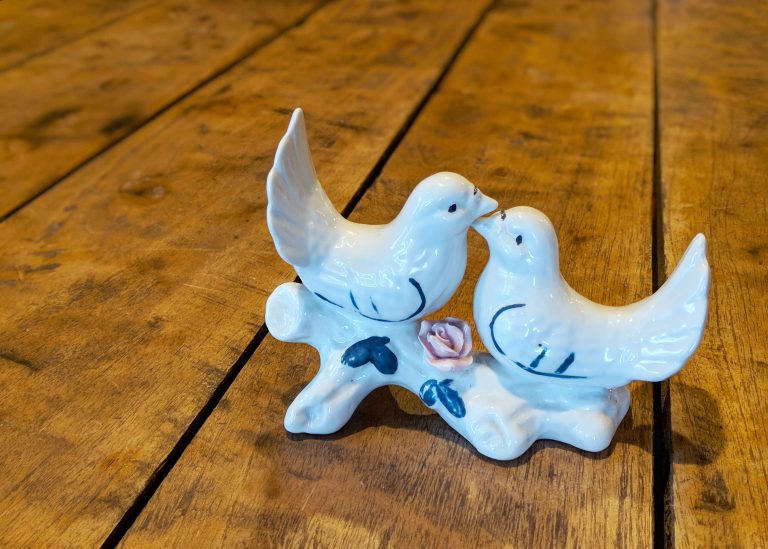
Our schedules used to be so different that the first time we’d see each other during the day was after the second person got home from work. This separation meant that the bulk of our communication was dedicated to filling each other in, often through rather repetitive renditions triggered by the question how was your day? Now, our default setting has switched to being together instead of apart. Insight into each other’s day happens in real time and the need for a nightly briefing is gone. Our conversational bandwidth has been freed up and in turn, our communication has deepened. Instead of recounting what we’ve spent our day doing, we dive into what we’re currently thinking. Empathy, compassion, support all grow as we better understand how the other person’s mind dwells, expands, and dreams.
Insight into each other’s day happens in real time and the need for a nightly briefing is gone.
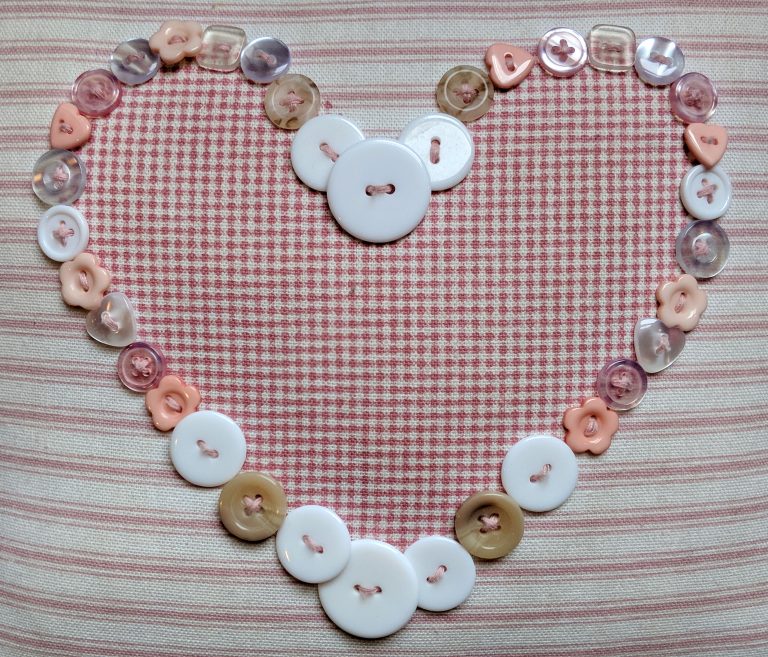
Health is so often a function of habit, and with full-time travel, our habits are more connected than they’ve ever been. Previously, our eating patterns, daily schedules, and even exercise routines were more dependent on our office environments than anything else. By comparison, we now cook and eat almost every meal together, we hike or take Odin for walks as a family, and our sleep schedules have more or less fallen in sync. This connectedness gives personal decisions more weight since the health effects extend so consistently to our partner. And simultaneously, this awareness has encouraged more consistent conversations about deliberately developing habits that enhance on our well-being.
Stephen Covey once wrote, “Dependent people need others to get what they want. Independent people can get what they want through their own effort. Interdependent people combine their own efforts with the efforts of others to achieve their greatest success.”
Stephen Covey once wrote, “Dependent people need others to get what they want. Independent people can get what they want through their own effort. Interdependent people combine their own efforts with the efforts of others to achieve their greatest success.” As a couple, we are forging a lifestyle neither of us dreamed of attempting alone. Over the course of the last year, almost everything we’ve pursued has fallen squarely in uncharted territory, and as we navigate the unknown, we are constantly peppered with challenges we’ve never before faced. We’ve stumbled and failed in front of each other more blatantly and more frequently than at any other point during our decade-long relationship. It’s humbling. But these vulnerable moments also serve as guideposts that we are indeed pursuing the ambitious dreams that grew out of our interdependence, and that’s exhilarating.
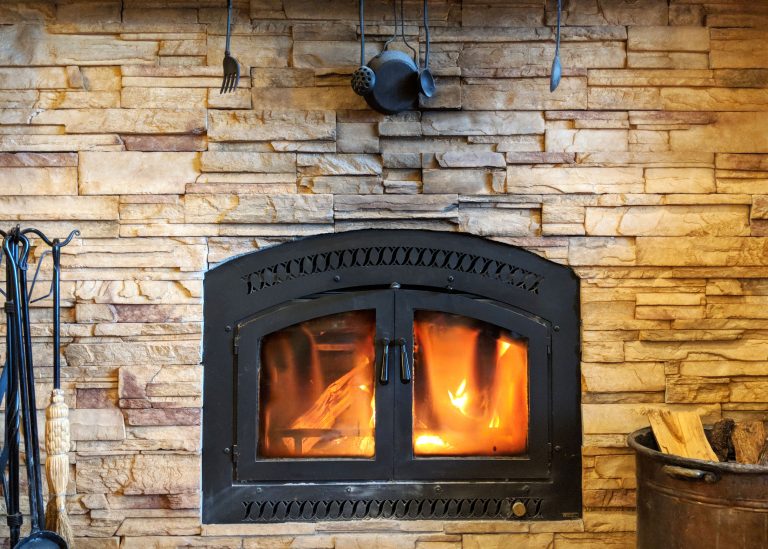
The continuous shifts in external circumstances throw into relief what is stable, important, and truly deserves prioritizing.
Inherent to constant travel is an endless supply of new stimulus, which does several things beautifully when it comes to encouraging romance. First, the continuous shifts in external circumstances throw into relief what is stable, important, and truly deserves prioritizing. Second, travel of any sort tends to present unforeseen challenges, and the act of successfully solving problems together strengthens the team mentality that has always underpinned our relationship. Third, new environments nurture excitement and presence. All of these factors repeatedly draw our attention back to our partner, fostering deeper gratitude and offering time and again a romantic, playful spark.
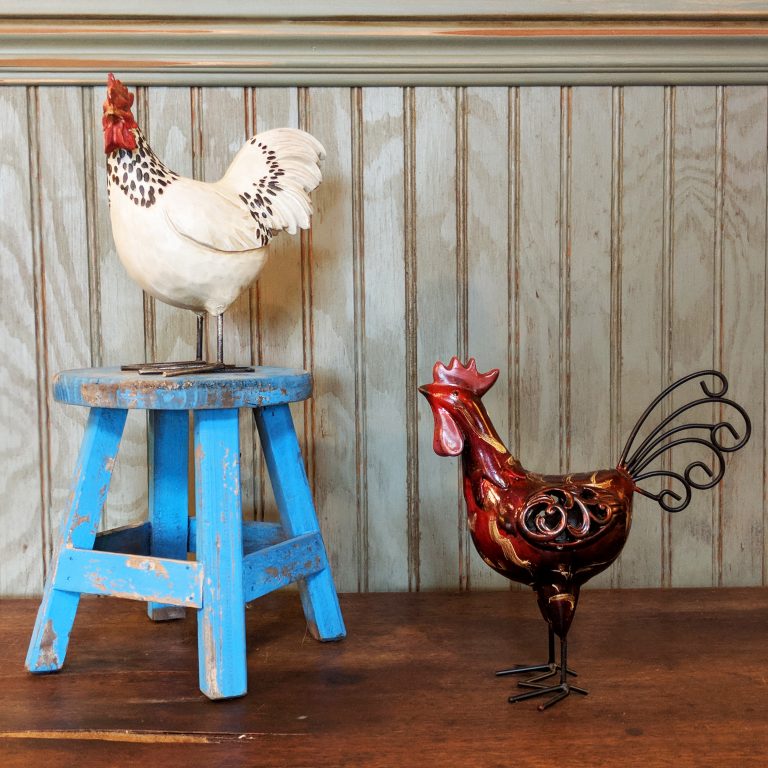
The number one question we hear from hosts is “What am I forgetting to put in my Airbnb?” This collection is the definitive answer to that question. In our signature product, we go room-by-room, step-by-step until your Airbnb is perfectly appointed and ready to impress. Bye-bye blindspots and hello happy guests!

free checklist!
Luckily all 15 of these common mistakes are super easy to fix. Grab your copy of the checklist below and dive on in!
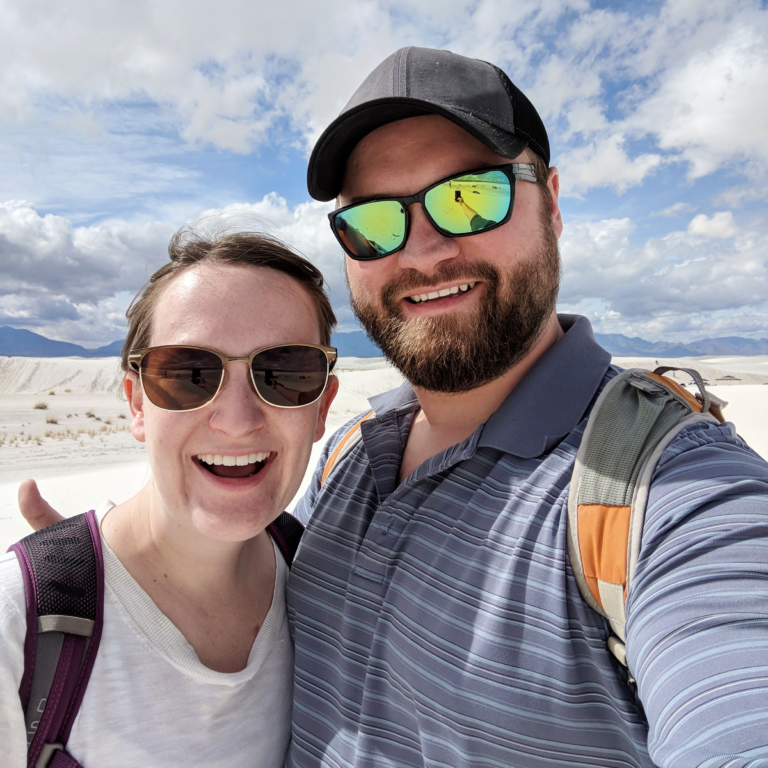
You’re an ambitious Airbnb host with a big heart. But on some days, hosting isn’t exactly what you had imagined. Maybe it’s overwhelming. Or isolating. Or just not making the kind of money you had envisioned. At Big Heart Hosting, we’re on a mission to help hosts like you thrive, not just get by. We create step-by-step resources that bring together the best hosting strategies from around the world. We’ll give you the knowledge and community you need to create the joyful, prosperous Airbnb you deserve.
categories

Quick story time. Just a few months back, we were staring down an unmarked, one-way gravel road. As we craned our necks, trying to understand
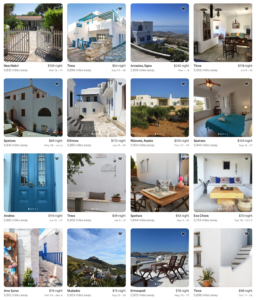
Quick! Answer this question: What is the number one reason potential guests say no to booking your place? Ok, time’s up! What did you come
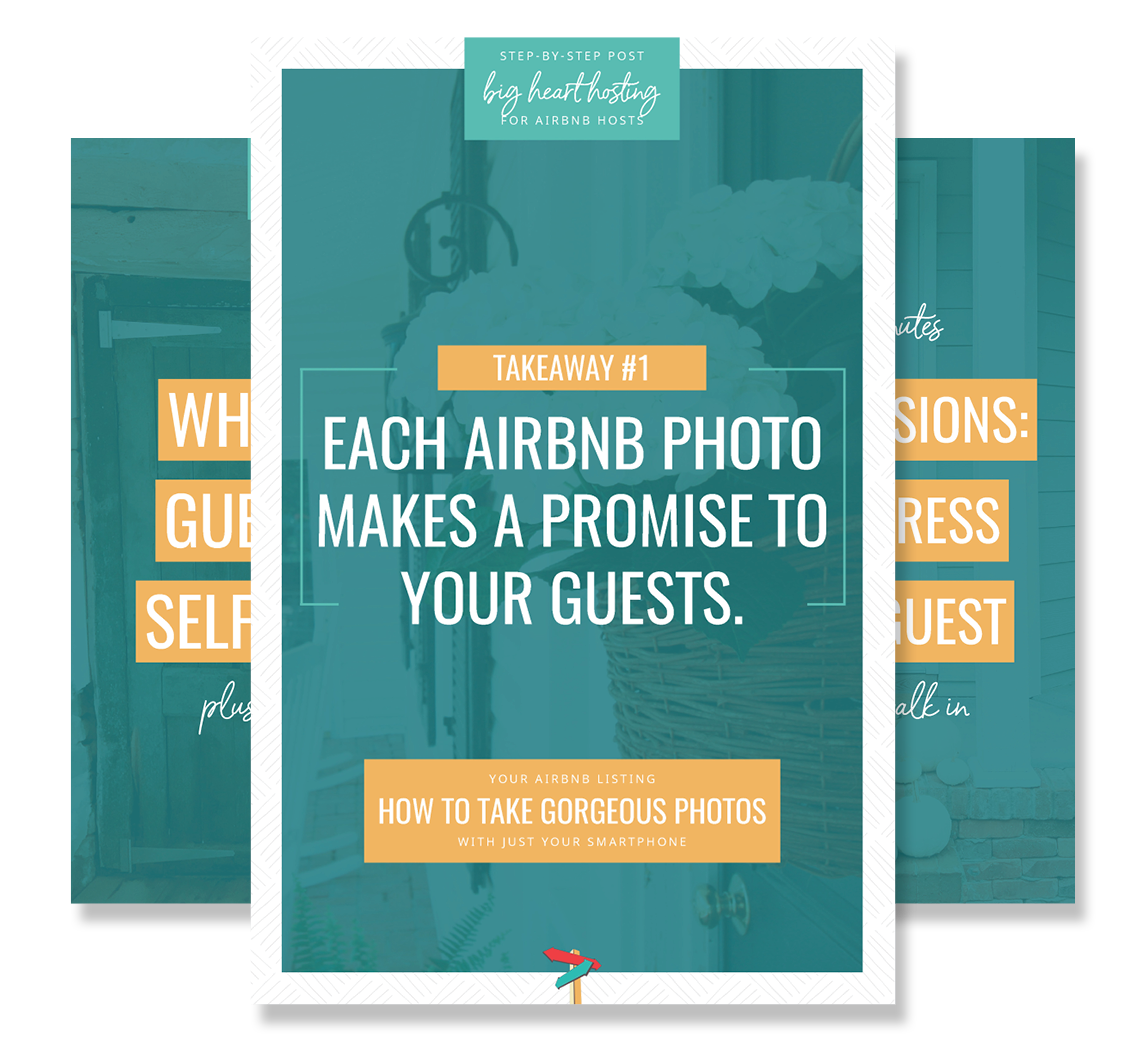
At Big Heart Hosting, we’re on a mission to help hosts like you thrive, not just get by. We create step-by-step resources that bring together the best hosting strategies from around the world. We’ll give you the knowledge and community you need to create the joyful, prosperous Airbnb you deserve.
Privacy & Cookies: This site uses cookies to improve your experience. By continuing to use this website, you agree to their use. See our Privacy Policy to find out more, including how to control cookies.
Hello! We’re honored to be a small part of your hosting adventure. We truly love connecting with hosts one-on-one. Send us a message here, and share what you’re creating. We can’t wait to celebrate with you!
Copyright © bnbNomad, LLC. All Rights Reserved
Download our most popular free hosting resource now!
THE AIRBNB BEGINNER CHECKLIST BUNDLE
Download our most popular free resource now!
